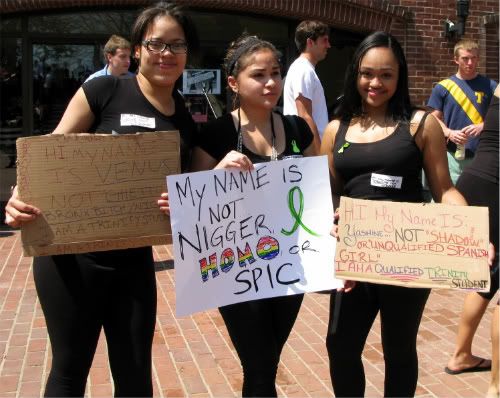The transition to college is one that not everyone is ready for; while it may come easy to some it may prove difficult to others. Even though everyone handles the transition to college differently, the one challenge that most if not all students face is time management. Since the transition to college not only comes with new challenges, but also comes with new found liberties a lot of students get caught with that excitement. In Andrew Roberts’s book The Thinking Student’s Guide to College, he gives advice to college students on how to make their college experience one “where professors challenge you to do the best you are capable of, provide you with personalized feedback on your work and show you new ways of understanding the world” (Roberts,1). Unlike other advice books on college, Roberts is not interested in giving college students tips regarding their social life, he is more interested in giving advice on how to get the best possible education out of the college you decided to attend.
During your first semester at Trinity, you will encounter many new things but the one that will probably attract you the most is the new found liberty I mention earlier. For most people this is probably the first time they will be away from parents and even if you attended boarding high school, the college experience is nothing like the high school experience. In college you are completely responsible for your decisions and you will not have anyone telling you what to do with your time or making sure that you have done all your work, that is why it is very important for you to manage your time. One of Roberts’s most useful tips is the importance of time management. Roberts says that “the real problems in selective schools show up only with students who do not manage their time” (Roberts, 96). He also goes on to explain the importance of devoting large blocks of time to studying and ways to keep track of where your time is going. If you want to succeed academically at Trinity and want to make sure you’re not the student that is stressing out about a paper or test because your waited until last minute to get your work done make sure to manage your time wisely.
Coming into a liberal arts college like Trinity, you are expected to be involved in every extracurricular possible. You hear everyone around you telling you to take classes that you’ve never taken before, to participate in clubs and to do everything that is in your hands to become a well rounded individual, after all that is the purpose of a liberal arts college education. Coming to a college like Trinity can be overwhelming especially if you’ve never been expected to do all these things, or if you’ve never been in a place where you had all the opportunities Trinity has to offer. When I arrived at Trinity, I was overwhelmed and nervous about the expectations the college had from me. In my personal experience college wasn’t the only thing I had to worry about, I also had a job and most of my free time was dedicated to that. I found myself frustrated most of the time because even though I wanted to make time for the college experience I was supposed to be getting I couldn’t because I had other responsibilities I had to take care of.
Many of you may have the same problem I had, due to the fact that you may find yourselves with more responsibilities than just being a college student or because of the fact that you feel that handling your work is what takes up most of your time. One of the most important lessons I learned during my first semester at Trinity was that I had only so much time in my day and responsibilities that I had to take care of but that there was also a balance I needed to have. I had to make sure that I made enough time for my academic life in order to succeed and that I challenged myself as much as I could even if I couldn’t take part of the extracurricular activities that Trinity had to offer. I had to understand that not because everybody around me was doing all these extracurricular activities meant I had to. It is also important to understand that even though you may not have the time to take part of the opportunities offered at Trinity outside of the classroom means you shouldn’t challenge yourself at all. Regardless of the fact that you may not have enough time to truly take advantage of these opportunities make sure you take classes that you truly enjoy and ones that are going to challenge you rather than taking classes because that is what works best with your schedule. You may not always have the time to take part in clubs or community service but just remember the reason why you are in college and the fact that your education should be one of your top priorities!
Bibliography:
Roberts, Andrew Lawrence, and ebrary, Inc. The Thinking Student’s Guide to College 75 Tips for Getting a Better Education. Chicago: University of Chicago Press, 2010. Print.
About the author: Evadne Coache is a first year student in the Color and Money seminar. She is from Hartford.CT and is a graduate from Miss Porter’s School ’11.

